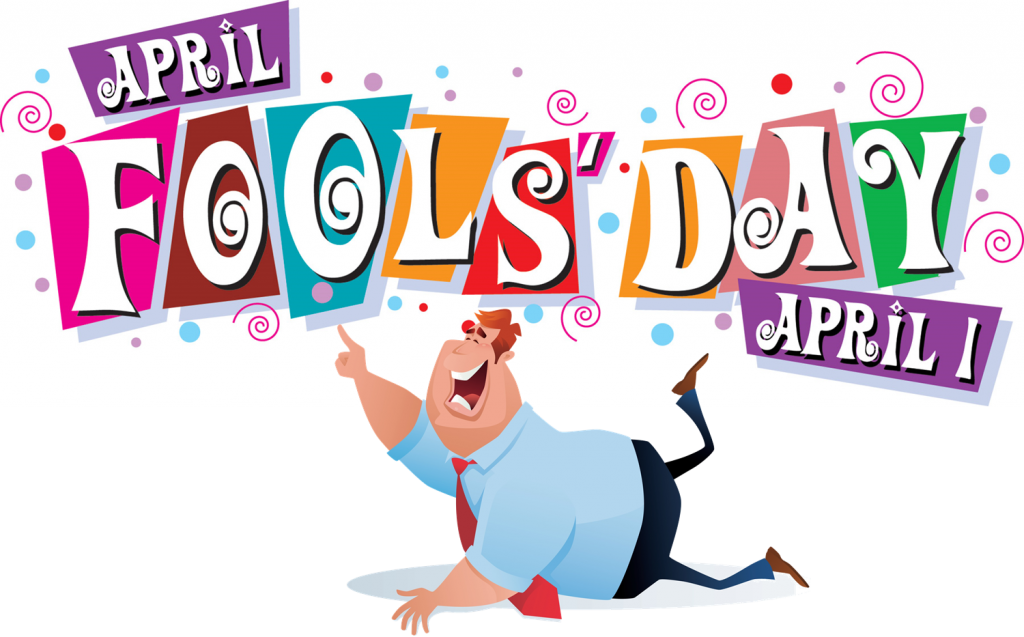On the Frist of April, many of you may be planning to be mischievous and play pranks on your friends and family. That’s because it’s April Fools’ Day when we all get to play the joker!
But, have you ever asked the question, “Where does April Fools’ Day come from?”
Even though April Fools’ Day has been celebrated for several centuries by different cultures, the question about its exact origins remains a mystery.
Where did April Fools’ Day come from?
One theory suggests that April Fools’ Day has started around 1582 when France switched from Julian calendar to the Gregorian calendar. People at that time were slow to get the news or failed to recognize that the start of the new year had moved to January 1; they continued to celebrate it during the last week of March through April 1 became the butt of jokes and hoaxes.
April Foods’ Day spread throughout Britain during the 18th century. In Scotland, the tradition became a two-day event, starting with “hunting the gowk,” in which people were sent on phony errands (gowk is a word for cuckoo bird, a symbol for a fool) and followed by Tailie Day, which involved pranks played on people’s derrieres, such as pinning fake tails or “kick me” signs on them.
Another theory suggests that April 1st became the fool’s holiday due to Geoffrey Chaucer’s 14th-century collection, The Canterbury Tales, wherein Chaucer includes a playful reference to “32 March,” or April 1st. However, most scholars consider it to have been a mere copying error.
April fools across the world
In modern times, people have gone to great lengths to create elaborate April Fools’ Day hoaxes. Newspapers, radio and TV stations, and Web sites have participated in the April 1 tradition of reporting outrageous fictional claims that have fooled their audiences.
In 1996, Taco Bell, the fast-food restaurant chain, duped people when it announced it had agreed to purchase Philadelphia’s Liberty Bell and intended to rename it the Taco Liberty Bell. In 1998, after Burger King advertised a “Left-Handed Whopper,” scores of clueless customers requested the fake sandwich.
Is it April Fool’s Day or April Fools’ Day?
Where does the apostrophe go? Originally, there was none! Problem solved.
The term April fool for a victim of a prank on April Fools’ Day, dates back to the 1600s. Early records of the holiday from the 1700s name it April Fool Day, with an apostrophized April Fools’ Day recorded by the 1800s. This is also around when April fool came to refer to the trick itself.
Today, the holiday is stylized both as April Fool’s Day, emphasizing an April fool as a singular concept, and April Fools’ Day, indicating plural April fools, whether the people or the pranks.
And don’t forget to shout “April Fool!” when the prank is revealed.

